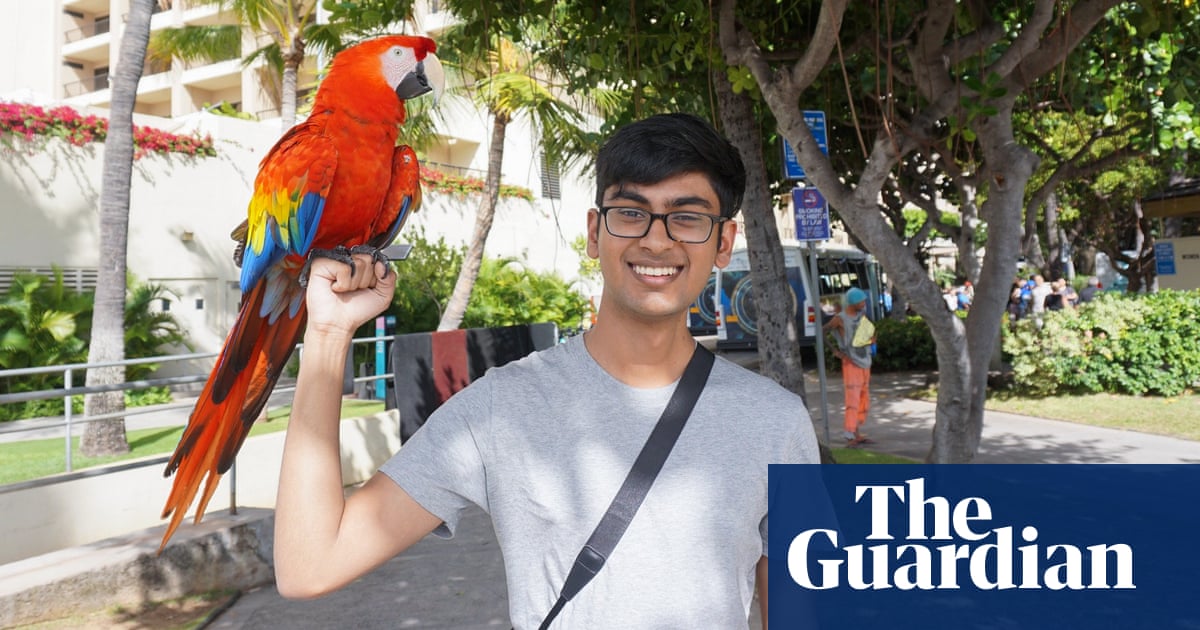Balaji’s parents have questioned the circumstances of their son’s death and refuse to believe that he died by suicide, as ruled by the office of the chief medical examiner.
They have demanded an FBI investigation into his death. The demand, Ramarao said, stems from their belief that the San Francisco police department lacks the ability to conduct a thorough investigation into a case that includes issues such as cybersecurity and whistleblower protection.
Police found Balaji dead in his apartment on 26 November after Ramarao had failed to get in touch with her son for three days. She filed a missing person complaint where she lives in Union City, about 40 miles from San Francisco. Police there contacted San Francisco authorities.
Ramarao said it took the medical examiner 40 seconds from the time they arrived at the scene to declare it a suicide.



Yeah, I fear that these calls for investigations may be a grief-ridden family grasping for some meaning. If there were some deeper nefarious goings on behind this death, then that might allow them to make sense of their pain. I’ve been fortunate to have not lost anyone to suicide, but I understand it’s especially difficult to come to terms with.
I feel angry because as you allude to, retribution upon a whistleblower need not directly kill them in order to ruin their lives. Morally, I’d say that OpenAI may still be responsible for this death even if this wasn’t an assassination. Unfortunately, the legal system isn’t well suited to respond to diffuse responsibility, so the family is unlikely to find justice regardless (even considering that one version of “justice” would be OpenAI being held accountable for the original things that were highlighted by the whistleblower)
When I imagine how much pressure Balaji must’ve been under, and how I have felt under much milder circumstances, I can understand how that might’ve made a person feel suicidal. Blowing the whistle sucks because although it’s rarely a case of just bringing the truth to light and letting the world do with that information what it will; becoming a whistleblower doesn’t mean participating in a singular act of revelation, but adopting a new identity for the foreseeable future, as you continue to be defined by the one act, whether that’s in terms of professional reputation, harassment of one’s family, or being required to be a witness in court.
My greatest sympathies go to Balaji’s loved ones.